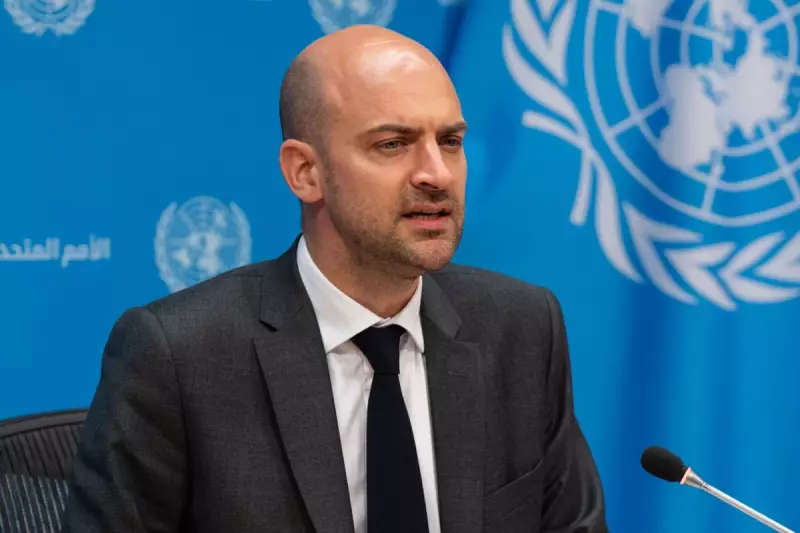
In a significant diplomatic shift, a growing number of countries have formally recognised Palestinian statehood, intensifying global discussions on the Israel-Palestine conflict. The move comes amid escalating tensions in the region, with several European and non-aligned nations reassessing their stance.
Diplomatic Domino Effect
Recent months have seen a surge in recognitions, with influential states joining earlier supporters. This trend reflects mounting frustration over stalled peace negotiations and expanding Israeli settlements in the West Bank.
Key Developments:
- Multiple European parliaments have passed symbolic motions urging recognition
- Several nations have upgraded Palestinian diplomatic missions
- The Arab League has renewed calls for unified recognition
International Reactions
The policy shift has drawn mixed responses globally. While Palestinian officials welcome the momentum, Israeli leaders condemn the moves as counterproductive to direct negotiations. The United States maintains its position that statehood should result from bilateral agreements.
Analysts suggest the recognitions could pressure Israel to re-engage with peace talks, though some warn it might harden positions on both sides. The European Union remains divided, with member states adopting varying approaches.
What This Means for the Peace Process
The accumulating recognitions represent a strategic victory for Palestinian diplomacy, potentially altering the conflict's political calculus. However, without substantive negotiations, the practical impact on ground realities remains uncertain.
Observers note that while symbolic, these developments could influence future UN resolutions and international mediation efforts. The coming months may prove decisive as both sides navigate this evolving diplomatic landscape.





